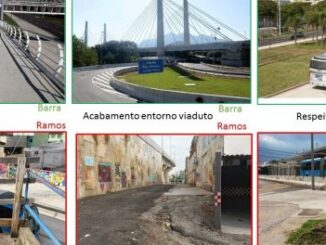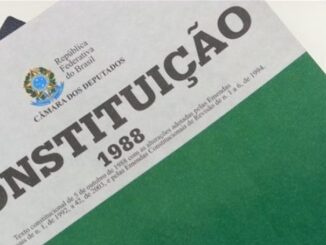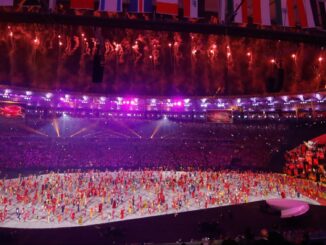Today, a “para inglês ver” (PIV) law, policy or project is one which, from the outside, appears to address a problem, but which in practice is merely a superficial change, a temporary fix or public relations exercise intended to appease community interests and appeal to domestic and international public opinion. It does little to benefit those it purports to help, either because implementation on a well-designed policy is poorly conducted and easily corruptible, or because it is actually designed for political motives rather than social or philanthropic ones. This situation occurs when public officials lack the genuine desire or political will to institute the necessary change, and is usually accompanied by an extensive PR campaign aimed at promoting the policy. To understand the history behind this expression, read http://bit.ly/1JWMh4H.

8 Root Causes of Violence That Will Be Overlooked in Coverage of Rio’s Olympic Anniversary
Clique aqui para Português One year after the Olympic Games, and Rio de Janeiro is reeling from a wave of violence that would be unimaginable to the thousands of tourists who descended on the city […]




